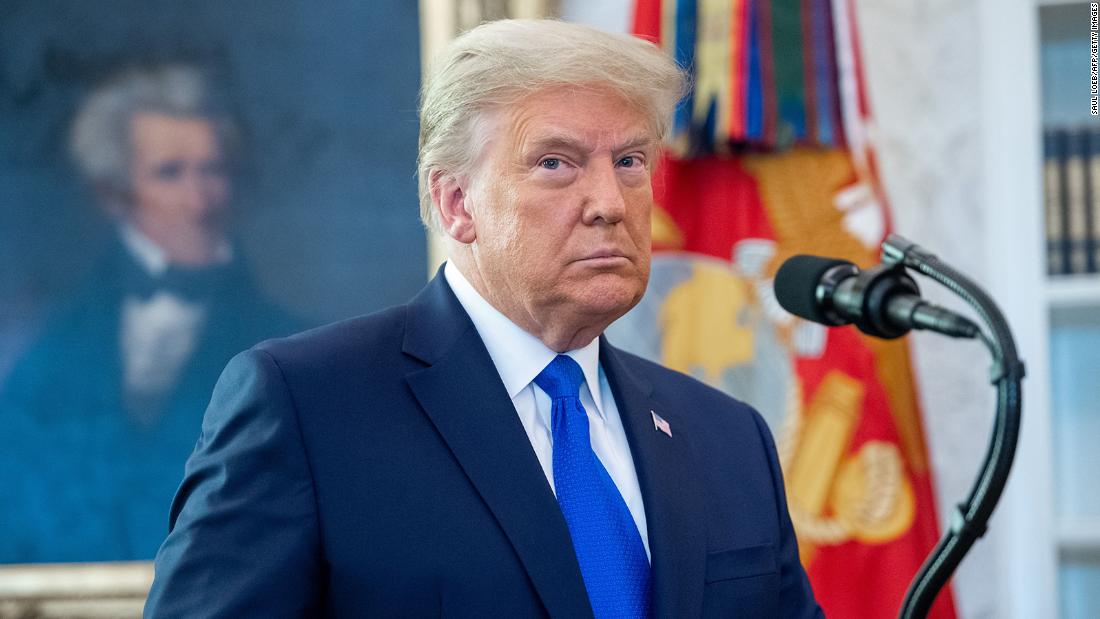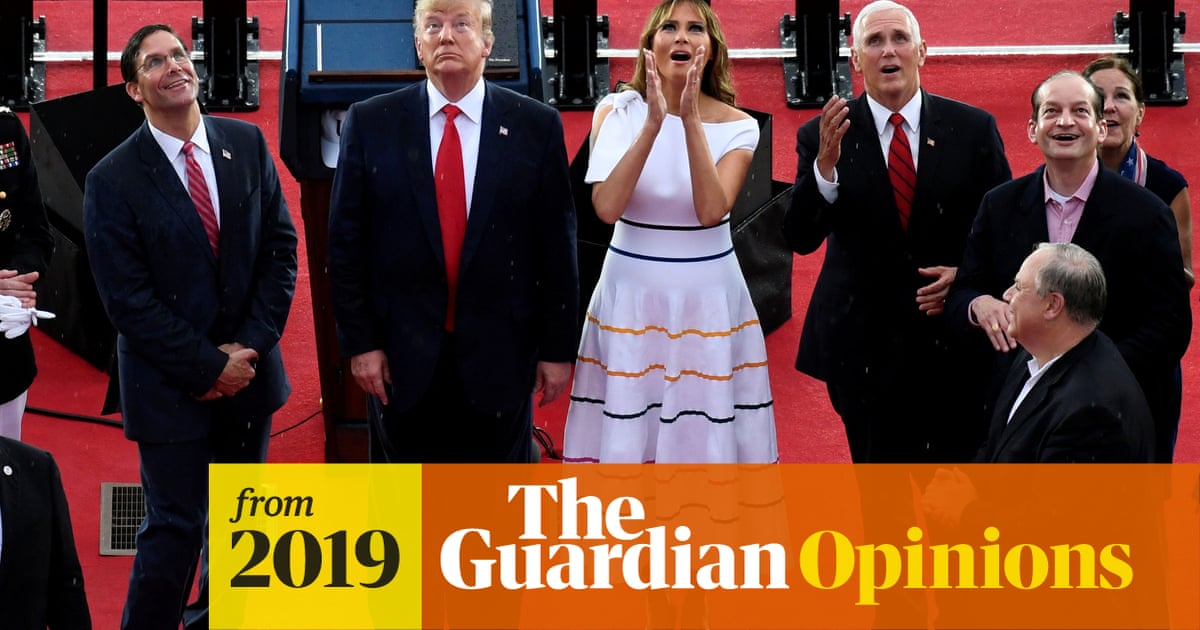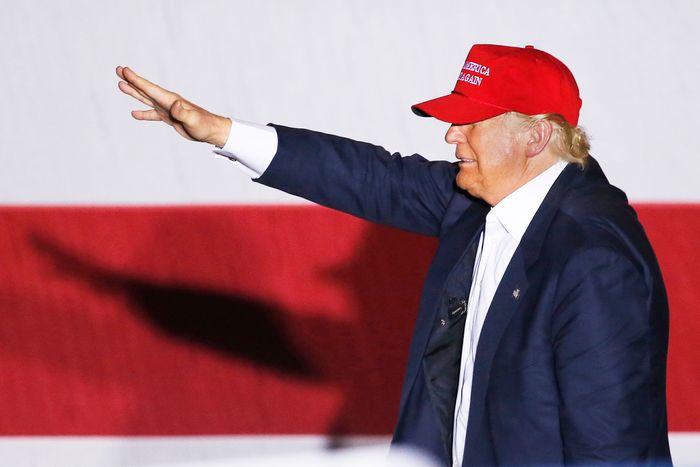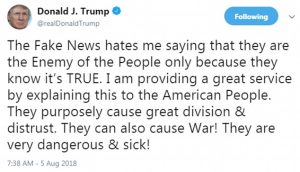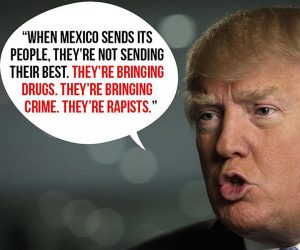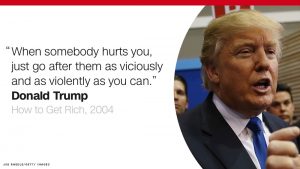Sixties Fan
Diamond Member
- Mar 6, 2017
- 54,266
- 10,478
- 2,140
- Thread starter
- #21
2/2 ...this proof Trump knew he'd lost but permitted the Big Ripoff to proceed—assuming DOJ can show Trump directed/participated in the grift—is what prosecutors need to move forward. At bottom, this is just a garden variety fraud case, albeit one involving a former president.

